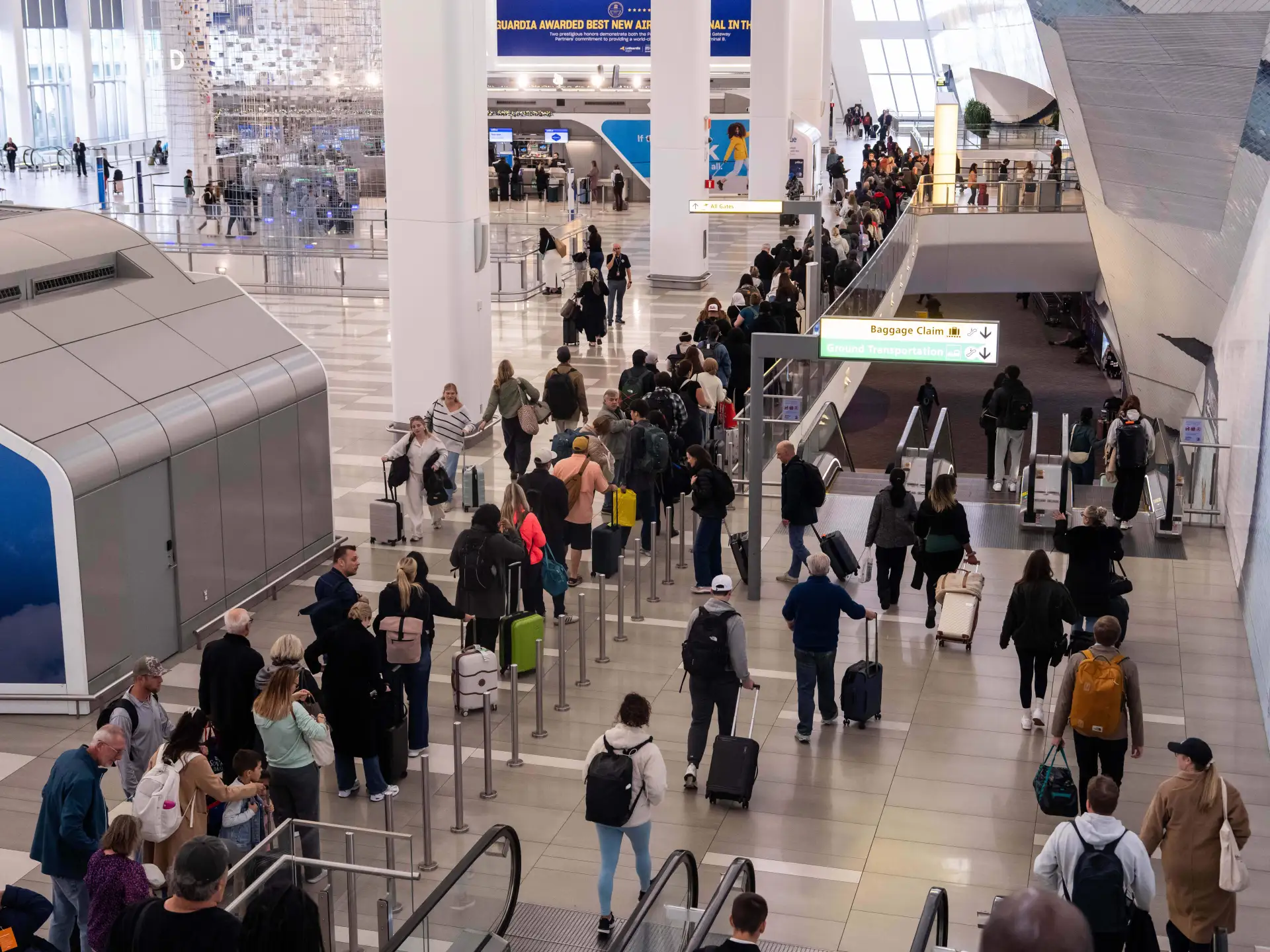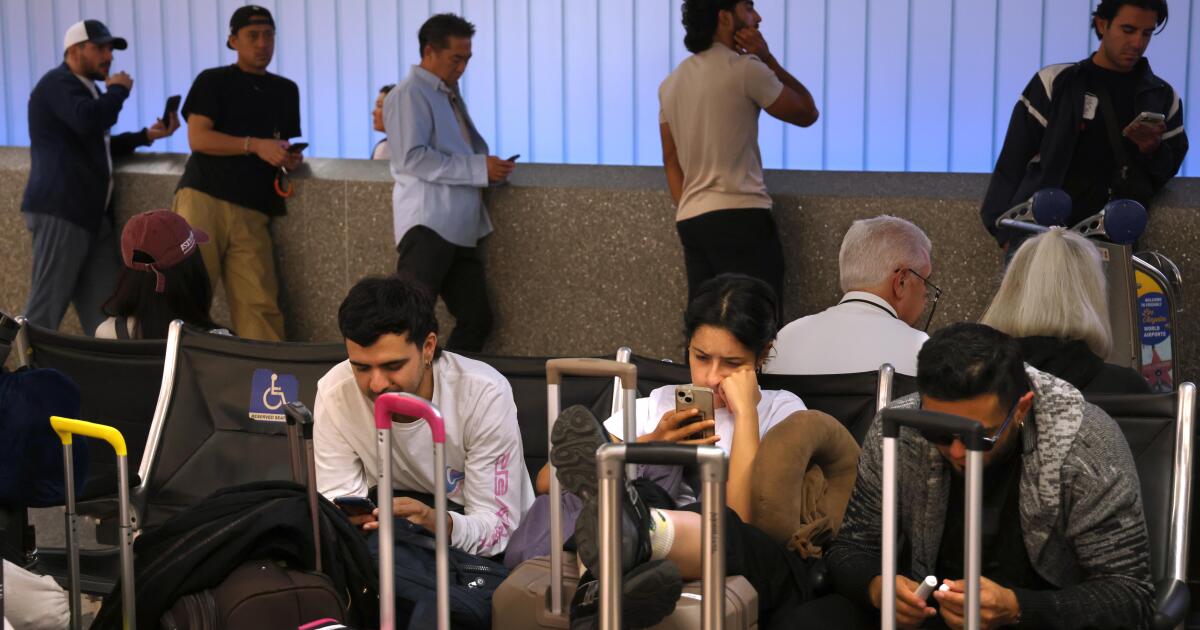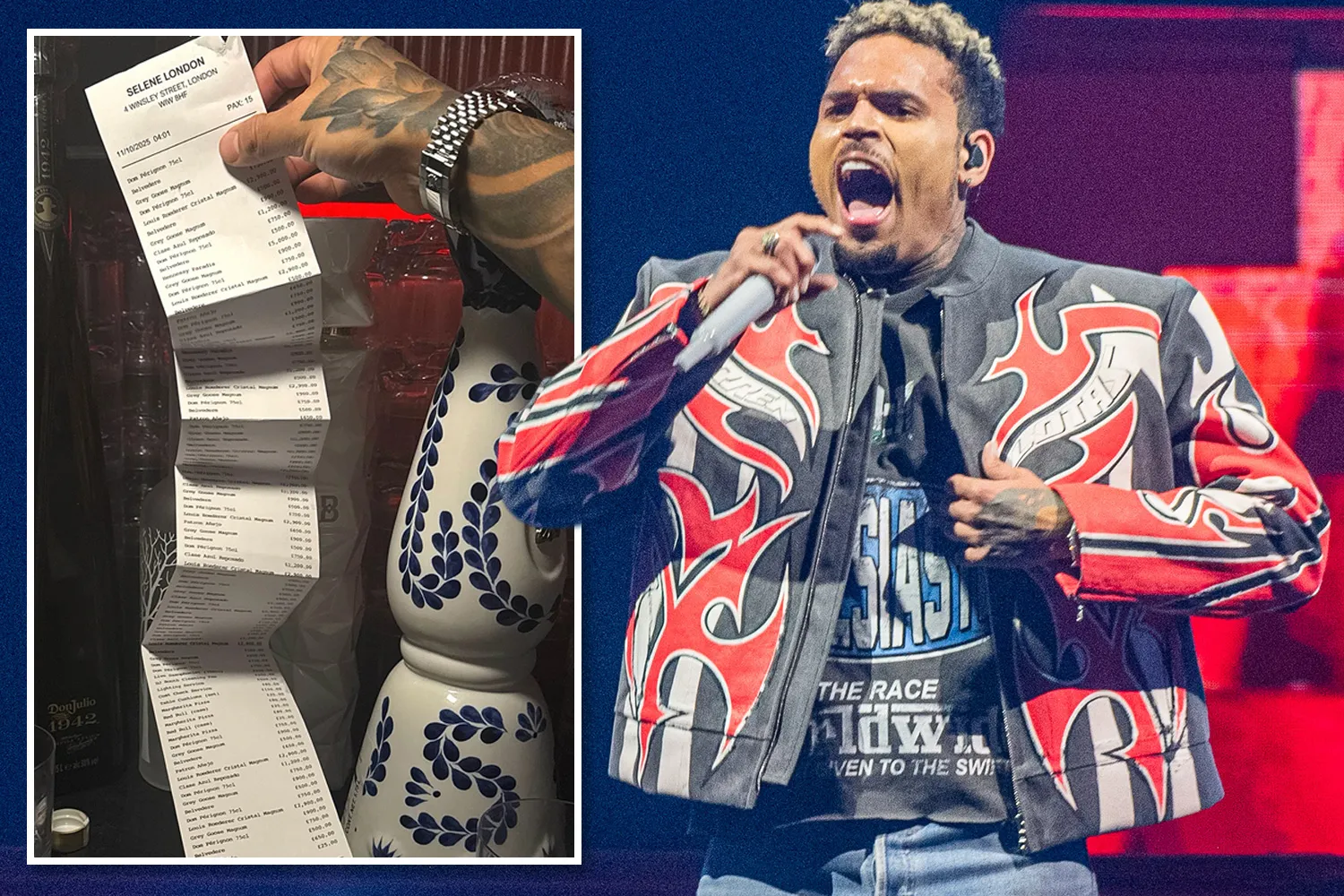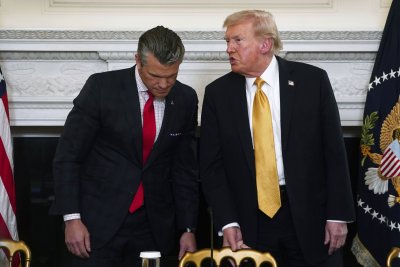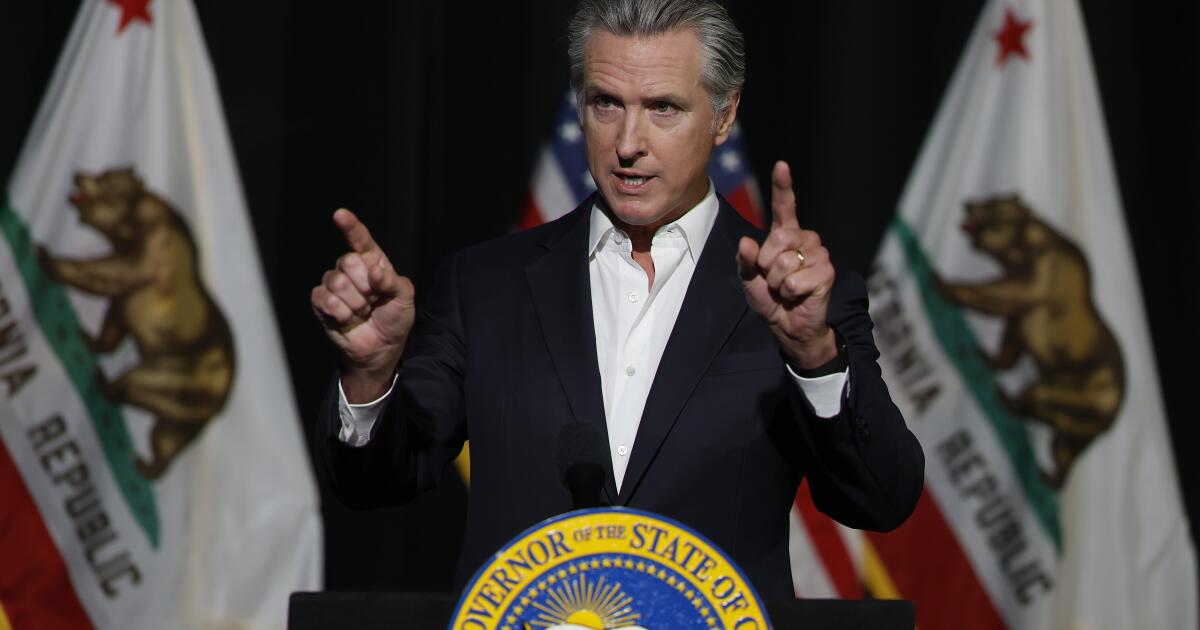US Senate nears vote on bill to end 40-day government shutdown | Government News
The United States Senate is moving towards a vote that could help end the longest government shutdown in the country’s history, with senators expected to approve a Republican stopgap funding package as early as Sunday evening, according to media reports.
The breakthrough came after a group of centrist Democrats negotiated a deal to reopen the government if Republicans promise to hold a vote on expiring healthcare subsidies by December, The Associated Press news agency reported.
Recommended Stories
list of 4 itemsend of list
Senator Angus King, who led the talks, told reporters that the Democrats backing the legislation feel the shutdown has gone on long enough, according to The Hill.
When asked if he was confident that there would be enough votes to pass the bill, he said: “That’s certainly what it looks like.”
The package would include a stopgap funding bill that would reopen the government through January 31 and fund other elements – including food aid and the legislative branch – until the end of the fiscal year.
The amended package would still have to be passed by the House of Representatives and sent to President Donald Trump for his signature, a process that could take several days.
Senator Richard Blumenthal, a Democrat from Connecticut, told reporters that he would vote against the funding measure but also suggested there could be enough Democratic support to pass it.
“I am unwilling to accept a vague promise of a vote at some indeterminate time, on some undefined measure that extends the healthcare tax credits,” Blumenthal said.
Fallout deepens
The shutdown, currently in its 40th day, has caused thousands of flight cancellations, put food assistance for millions of Americans at risk, and furloughed about 750,000 federal employees.
Air traffic staffing shortages led at least 2,300 flights travelling within the US and to and from the country to be cancelled as of Sunday, according to data from tracking platform FlightAware, along with more than 8,000 delays.
New York City area airports, along with Chicago’s O’Hare and Atlanta’s Hartsfield-Jackson airports, were especially hard-hit.
Meanwhile, the 42 million people – one in eight Americans – who rely on the food aid programme Supplemental Nutrition Assistance Program (SNAP) have seen their benefits threatened amid ongoing legal battles.
Although two courts ordered that the Trump administration must pay out SNAP funds during the shutdown, the Supreme Court paused one of the rulings until further legal arguments could be heard.
“Now, the Trump administration has told states they cannot pay more than 60 percent of the funds due this month, and it is threatening to cut all federal funds to any state that does so,” said Al Jazeera’s Mike Hanna, reporting from Washington, DC.
“For Americans, this is really beginning to bite home, and they are trying to ramp up the pressure on senators,” he added.
Health subsidies
The shutdown started on October 1, when the Senate failed to agree on spending priorities. Since then, Democrats have voted 14 times not to reopen the government as they demanded the extension of credits under the Affordable Care Act (ACA).
Democrats have pushed for a one-year extension of the subsidies, which have helped double ACA enrolment to 24 million since they were put in place in 2021.
But Republicans, who hold a simple majority in the Senate, have maintained they are open to addressing the issue only after government funding is restored.
Republicans only need five votes from Democrats to reopen the government, so a handful of moderate senators could end the shutdown with only the promise of a later vote on healthcare.
Many Democratic legislators, however, said the emerging deal is not enough.
“I really wanted to get something on healthcare,” said Michigan Senator Elissa Slotkin. She added that the deal on the table “doesn’t look like it has something concrete”.
House Democrats were also chiming in against it.
Texas Representative Greg Casar, the chairman of the Congressional Progressive Caucus, said a deal that does not reduce healthcare costs is a “betrayal” of millions of Americans who are counting on Democrats to fight.
“Accepting nothing but a pinky promise from Republicans isn’t a compromise – it’s capitulation,” Casar said in a post on X. “Millions of families would pay the price.”
Trump, meanwhile, pushed again to replace subsidies for the ACA health insurance marketplaces with direct payments to individuals.
In a post on his Truth Social platform, Trump blasted the subsidies as a “windfall for Health Insurance Companies, and a DISASTER for the American people”, while demanding the funds be sent directly to individuals to buy coverage on their own.
“I stand ready to work with both Parties to solve this problem once the Government is open,” Trump wrote.
Senator Adam Schiff, a Democrat from California, said he believed Trump’s healthcare proposal was aimed at gutting the ACA and allowing insurance companies to deny coverage to people with pre-existing conditions.
“So the same insurance companies he’s railing against in those tweets, he is saying: ‘I’m going to give you more power to cancel people’s policies and not cover them if they have a pre-existing condition,’” Schiff said on ABC’s This Week programme.
